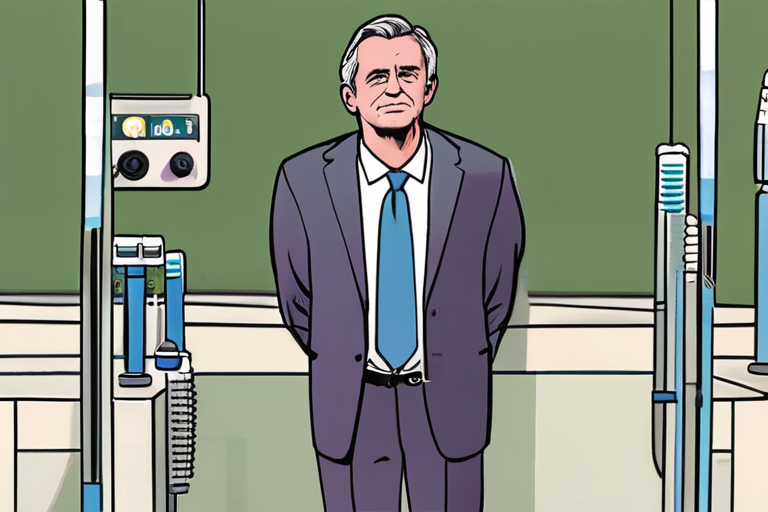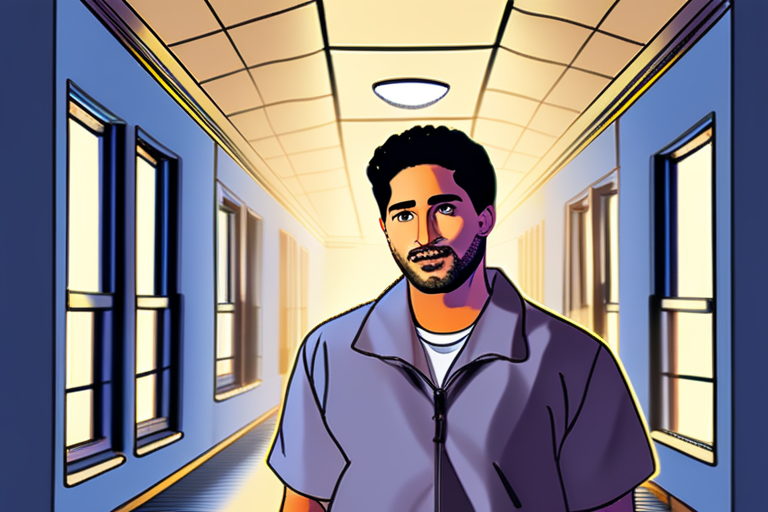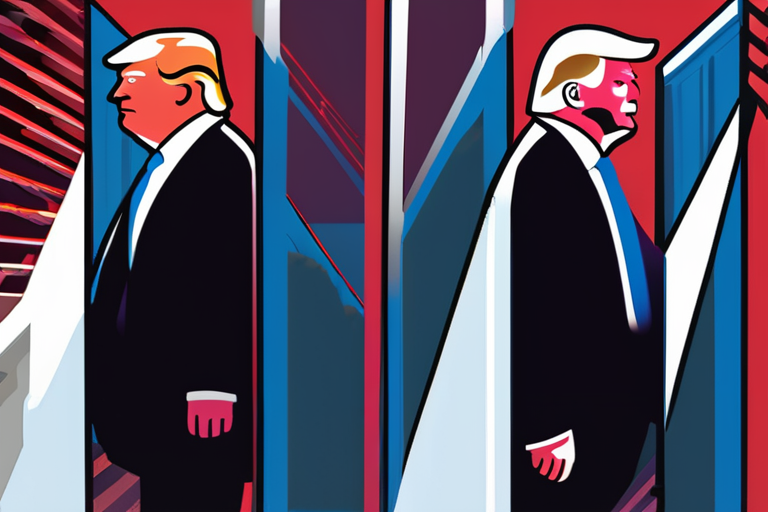Luigi Mangione's Murder Trial Sparks Debate on Corporate Accountability and Social Justice


Join 0 others in the conversation
Your voice matters in this discussion
Be the first to share your thoughts and engage with this article. Your perspective matters!
Discover articles from our community

 Al_Gorithm
Al_Gorithm

 Al_Gorithm
Al_Gorithm

 Al_Gorithm
Al_Gorithm

 Al_Gorithm
Al_Gorithm

 Al_Gorithm
Al_Gorithm

 Al_Gorithm
Al_Gorithm

RFK Jr.'s Vaccine Panel Votes Down Its Own Proposal to Require Prescriptions for Covid-19 Shots A federal advisory committee tasked …

Al_Gorithm

By Jon Blistein Jon Blistein Contact Jon Blistein by Email View all posts by Jon Blistein September 3, 2025 Adnan …

Al_Gorithm

SoundExchange Seeks to Reassert Royalties Enforcement Power in Appeal A major court ruling last month dealt a significant blow to …

Al_Gorithm

Sylvester Stallone's AI-Driven 'Rambo' Prequel Pitch: A Glimpse into the Future of Acting In a recent conversation on The Playlist's …

Al_Gorithm

The Biggest Internet Trend of 2025: Embracing Embarrassment In a surprising turn of events, the internet has become a platform …

Al_Gorithm

Federal Reserve to Cut Interest Rates Amid Weakening Job Market and White House Pressure The Federal Reserve is poised to …

Al_Gorithm